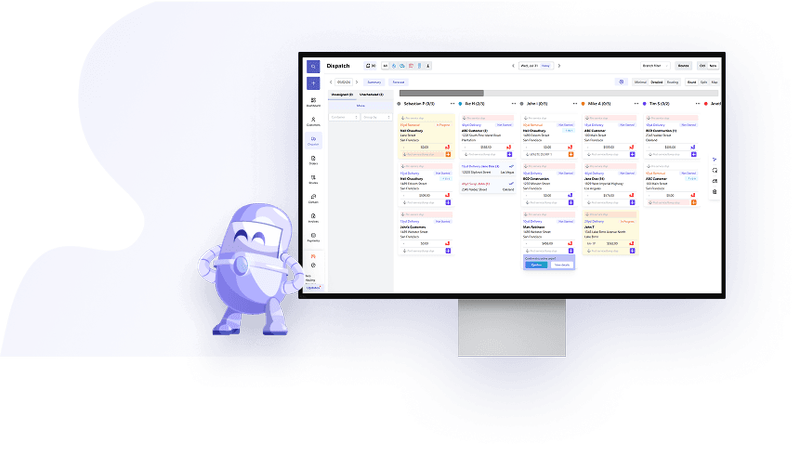What’s a waste audit? | TrashLab Glossary
Learn what a waste audit is and how it works. TrashLab’s software tracks, analyzes, and optimizes waste streams for efficiency and cost savings.
A Waste Audit is an assessment that examines the types and quantities of waste generated by an organization, facility, or specific operation. This process involves collecting and analyzing waste to identify what materials are being discarded, in what volumes, and how they are being managed. Waste audits typically categorize waste into recyclables, compostables, hazardous items, and landfill-bound materials, providing insights into disposal patterns and identifying areas for improvement.
The key goals of a waste audit are to:
Identify Waste Sources: Determine the origin of different waste streams and how waste is generated.
Evaluate Recycling and Reduction Opportunities: Highlight materials that could be diverted from landfills through recycling, composting, or reuse.
Optimize Waste Management Practices: Help organizations create more sustainable waste management plans, reduce disposal costs, and lower environmental impact.
Waste audits are especially useful for developing waste reduction strategies, improving recycling rates, and meeting regulatory or sustainability goals. By understanding their waste composition, organizations can implement targeted solutions to minimize waste generation and enhance overall efficiency.



